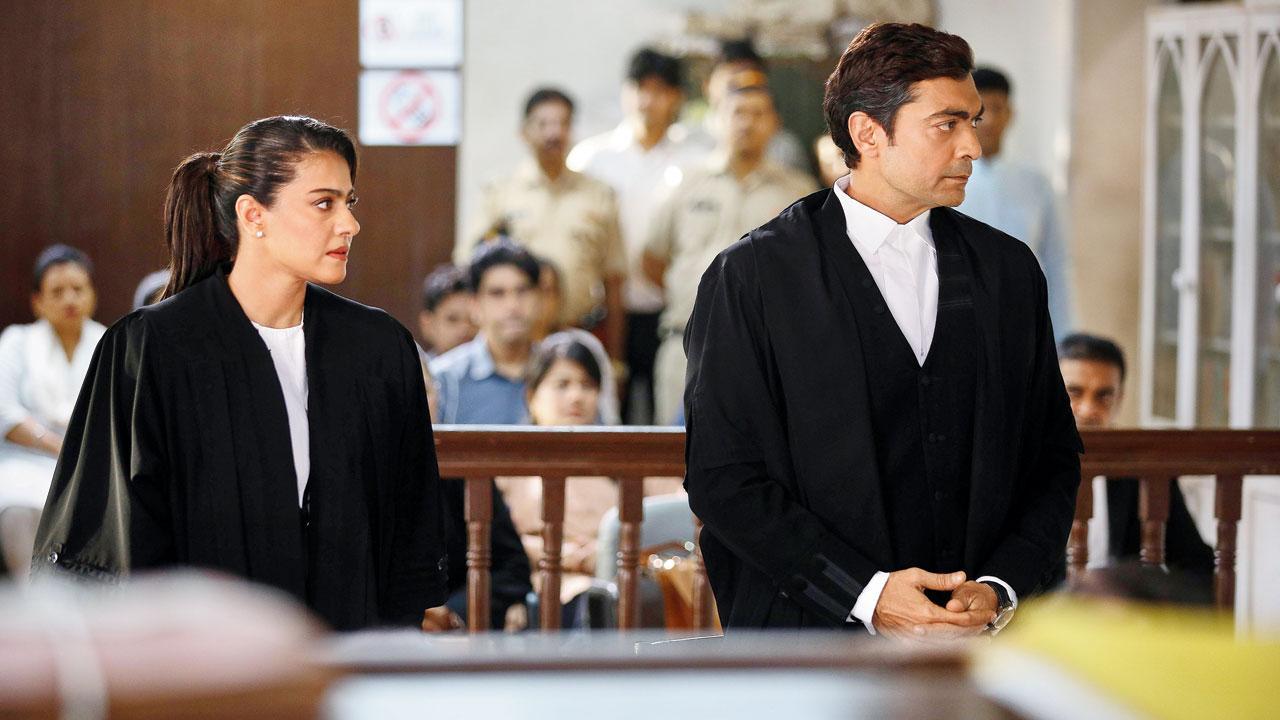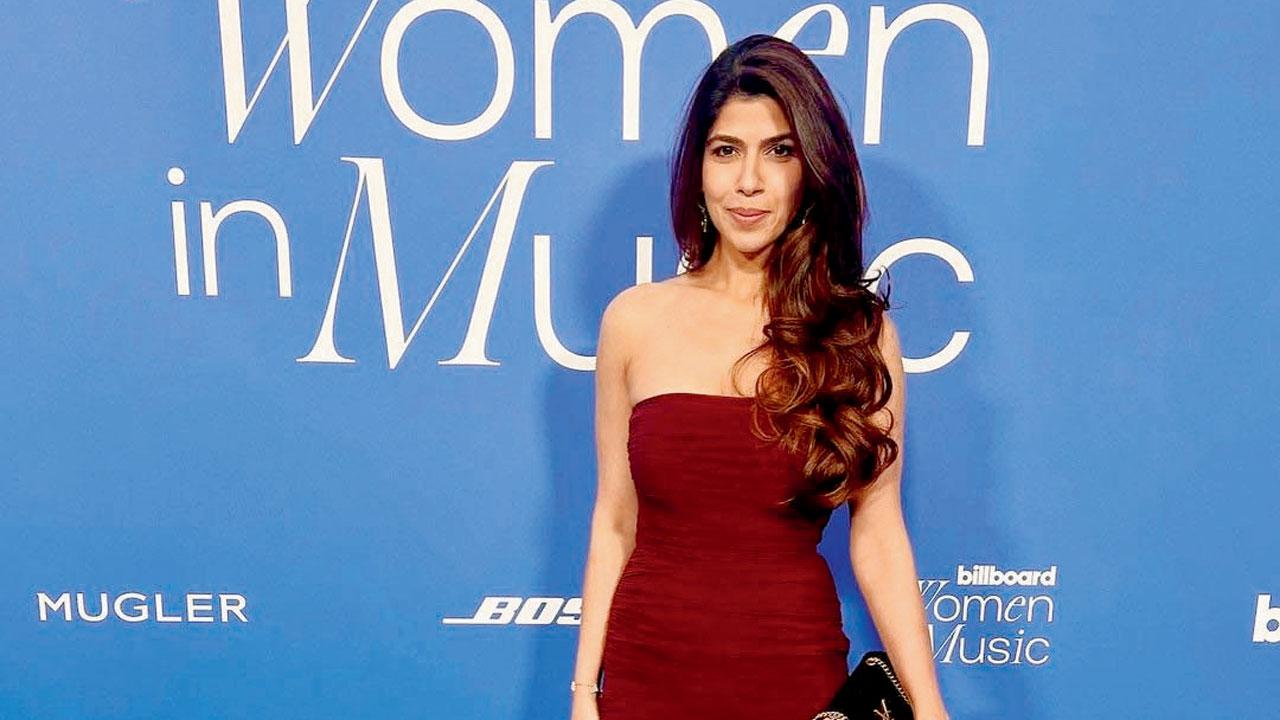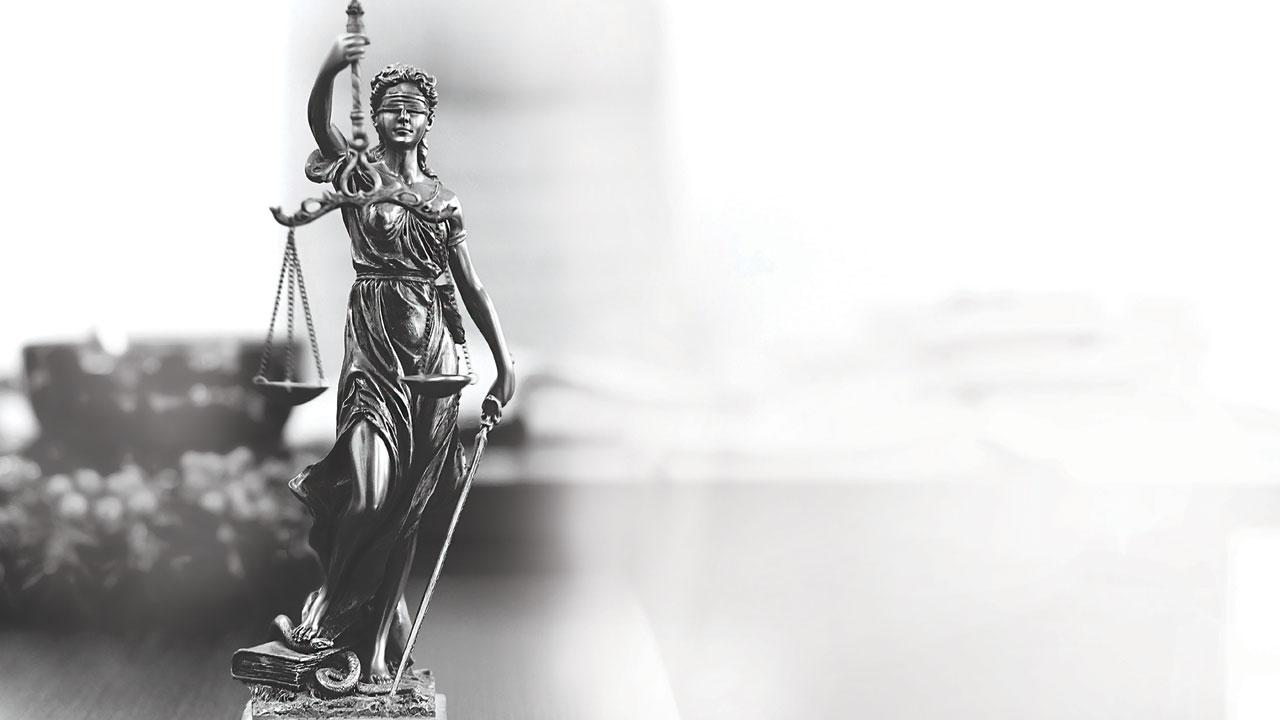Entertainment lawyer Khimani on how she vetted and chose the cases depicted in Kajol’s The Trial, in keeping with the Indian judicial system

Kajol as Noyonika Sengupta
Entertainment lawyer Priyanka Khimani remembers watching The Good Wife on its release in 2009 and instantly becoming a fan of Alicia Florrick, played by Julianna Margulies. She even wondered how interesting it would be to attempt a similar legal drama in India. Cut to 2021: creator-director Suparn S Varma, and writers Hussain Dalal and Siddharth Kumar began reimagining the legal drama to create The Trial.
ADVERTISEMENT
With the adaptation rights of the original in hand, the makers needed someone who could simplify the legal jargon in the show and help them centre it on Indian judicial laws. Enter Khimani. “From day one, I was brought into the writer’s room. There was no doubt in their minds that I was a perfect fit for this because I come from both worlds—a lawyer and a writer,” she says. The former model had written her first television show, the 60-episode thriller, Tamanna House, at 15. While she pursued her law degree, Khimani wrote scripts as a side hustle and was long ingrained in the glamour world.

Priyanka Khimani. Pics/Instagram
In The Trial, protagonist Noyonika Sengupta—essayed by Kajol—resumes her law practice after her husband is put behind bars. Khimani assumed that she would be required to vet some cases and ensure the writing team got the legal jargon right. But that was only the beginning. “We grew up watching [Sunny Deol screaming] Tareekh pe tareekh [in Damini, 1993]. No one has captured what really happens in a law firm. For most, the legal profession boils down to what happens in the courtroom. But there are so many interpersonal elements. The dynamics, the interpersonal equation, the emotions, and the final verdict are interesting to showcase,” emphasises Khimani, who is now the co-founder and lead partner of Khimani & Associates. Some of her clients include Sonu Nigam, Anurag Kashyap, and Badshah, among others.
The writing team’s biggest challenge was to ascertain the series’ main conflict. In the original, Chris Noth’s character Peter Florrick, the Cook County State Attorney, is plagued by corruption and prostitution scandals. After being cleared of all charges, he successfully campaigns for election as State Attorney again to become Governor of Illinois later. Considering the judicial hierarchy in the US differs from that in India, it was important to determine the arc of Jisshu Sengupta’s character, Rajeev Sengupta. The lawyer explains, “In India, we don’t have district attorneys. We have public prosecutors. Even then, why would anyone care about a public prosecutor’s scandals? I had to find an equivalent in India. So, we went with the post of an additional judge who is appointed to the High Court in Delhi. They don’t enjoy the immunity that a sitting judge of a High Court does.”

Since the legal system in India vastly differs from that in the US, they were unable to borrow the proceedings of the cases showcased in The Good Wife. She points out one glaring difference. “We don’t have jury trials, which is where all the drama happens in American courts,” she highlights, before adding, “We don’t do depositions [a formal, usually written, statement to be used as evidence] with video cameras in India. The criminal and civil judiciaries and courtrooms are different. [We also had to] find cases that were close [to the original], but make sure that they were accurate in terms of the procedure in India. For example, in the American system, litigators could be partners, who also make the arguments in court. In India, the counsel, is a lawyer who advises clients and provides them with legal guidance, but does not represent them in court.”
It was a task to compress the proceedings of the original’s 23 episodes and showcase them in eight episodes of the Disney+ Hotstar offering. The entertainment lawyer zeroed in on the cases and its proceedings, which were then embellished by the writers. “For each episode, we came up with individual cases. For instance, we shot in a juvenile justice court because the case entailed an underage kid.” Khimani also had to go on set to ensure that the representation of a law firm was accurate. “We went into a lot of granular details, including Kajol’s outfits, how she should wear the collar, the on-duty and off-duty look, the look of the high court, sessions court, and district court. I was quite hands-on.”
 Subscribe today by clicking the link and stay updated with the latest news!" Click here!
Subscribe today by clicking the link and stay updated with the latest news!" Click here!







